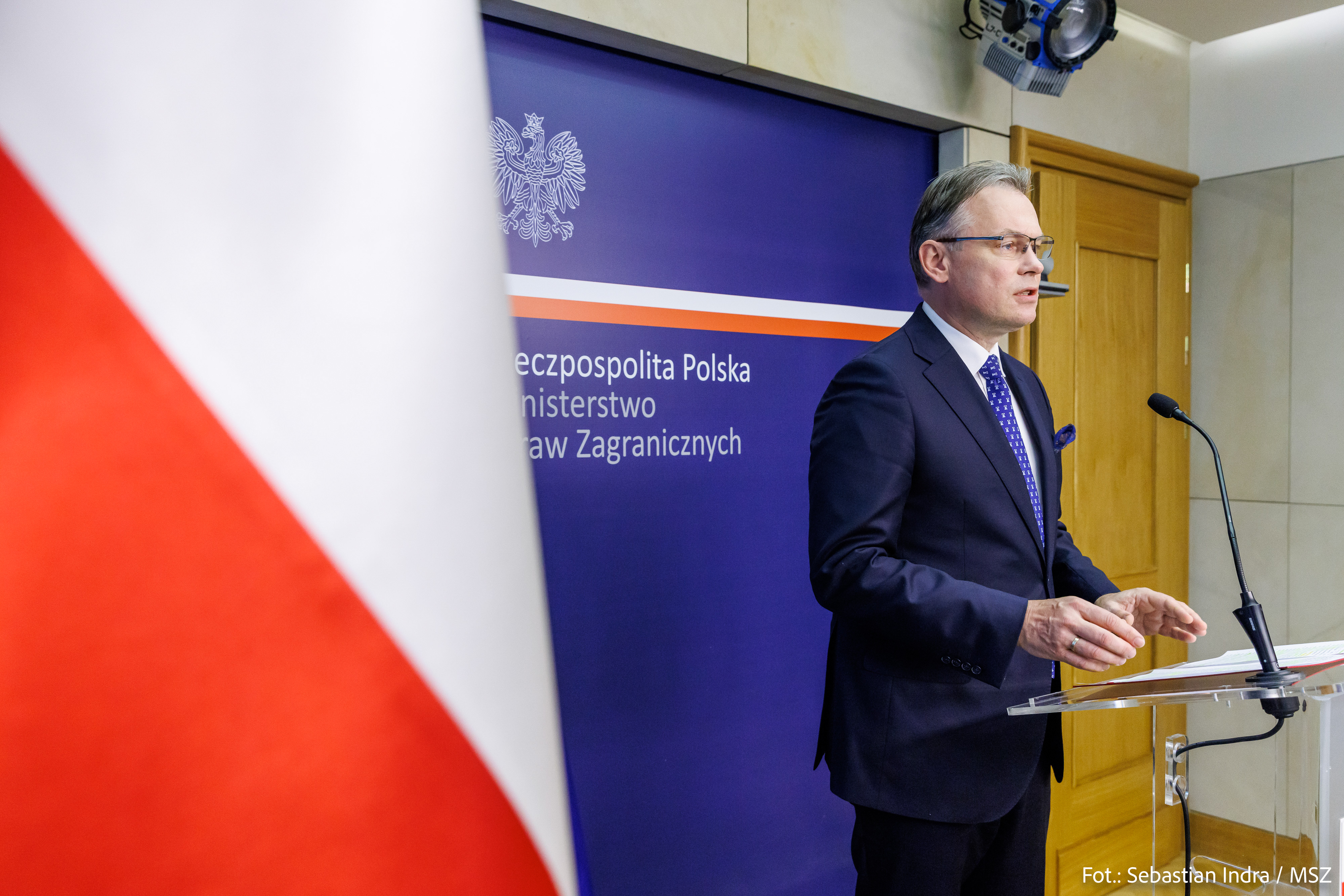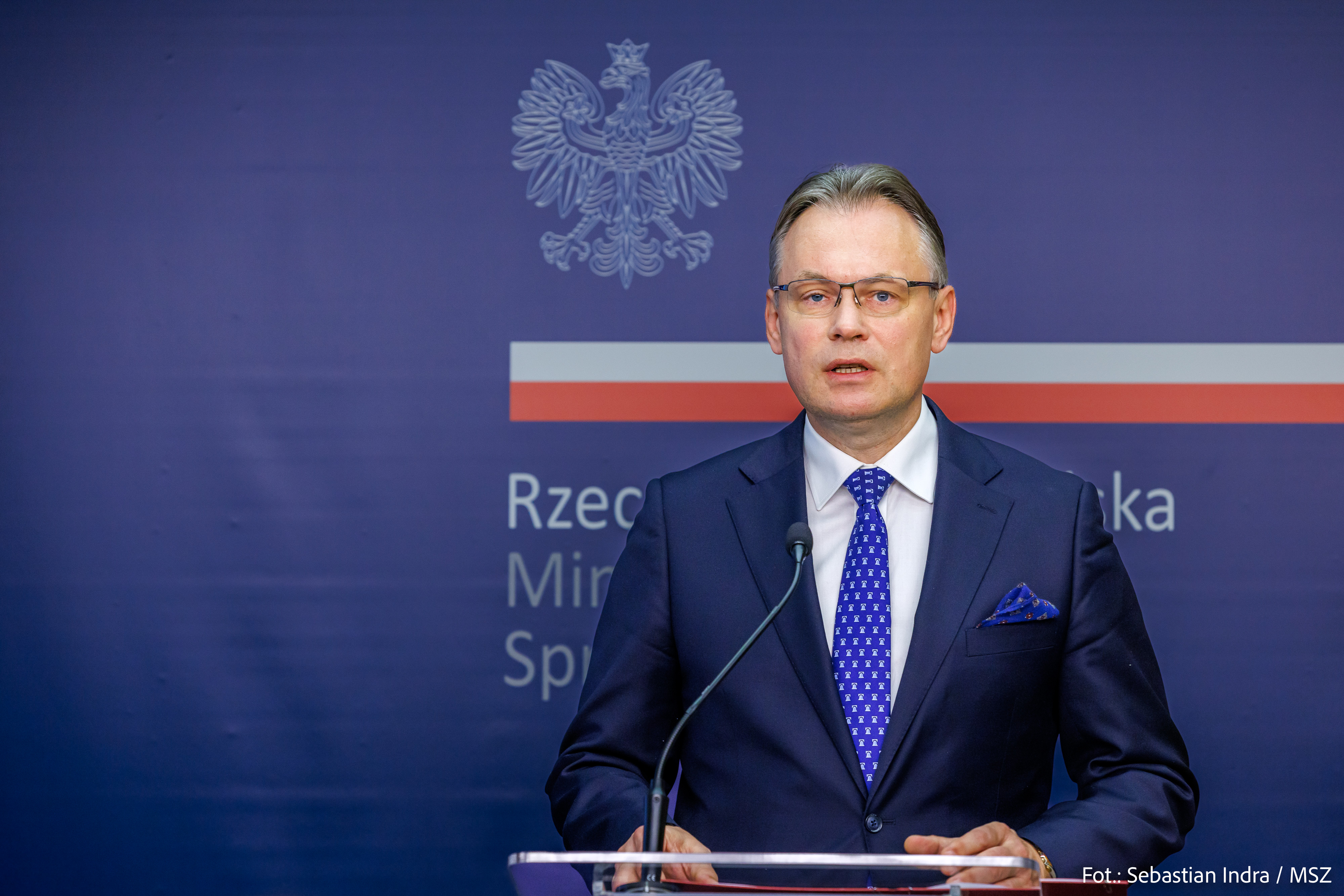Poland asks all US Congress members to support its compensation claims for losses caused by German aggression and occupation between 1939 and 1945
24.03.2023
On 20 March 2023, Deputy Minister of Foreign Affairs Arkadiusz Mularczyk, Government Plenipotentiary for Compensation for Damage Caused by German Aggression and Occupation in 1939-1945, contacted all US Congressmen—members of the House of Representatives and Senate—to inform them about Poland’s efforts to obtain compensation for losses caused by German aggression and occupation in 1939-1945.

In his letter to members of Congress, Deputy Minister Mularczyk pointed to the asymmetrical treatment of Poland at the Potsdam Conference in 1945 and to the legal doctrine today's Germany pursues, i.e. state immunity from jurisdiction, which deprives Poles who fell victim to German occupation of their right to seek legal redress that is due to them.
He informed US lawmakers of the extent of the damage and stressed that as a result of German aggression and occupation, Poland had suffered the greatest human and material losses compared with the population of all European countries. Mass extermination, large-scale exploitation of Polish society, and the unprecedented looting and destruction of our national wealth by Germany had left Poland in a disastrous state, the consequences of which have been severely felt to this day.
Deputy Minister Mularczyk expressed hope that an appropriate analysis of American congressmen’s law offices, the involvement of US Congress commissions and mechanisms, as well as US lawyers, will facilitate the establishment of a dialogue between Poland and Germany on the issue of compensation due to Poland.
The Polish MFA has already engaged with the Polish American Congress and commends the Polish community in the US, including Polish men and women who, for patriotic reasons, are lobbying in favour of Poland’s position among US lawmakers.
This is yet another diplomatic initiative launched by Deputy Minister Arkadiusz Mularczyk and the MFA after sending letters to UNESCO, the Council of Europe, and the UN and holding dozens of meetings with diplomats and individual countries’ officials at intergovernmental organisations.



